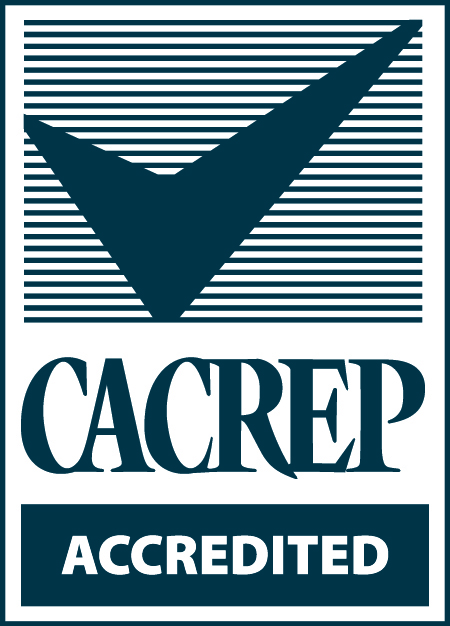About The Program
M.Ed. in counselor education with a concentration in couples and family counseling is a 60-credit hour program designed to prepare students for careers as counselors in clinics, healthcare centers, schools and private practice. The program focuses on training to address a range of personal and professional problems faced by individuals, couples and families through a systemic framework. As our newest concentration, we are eager to pursue accreditation for the couples and family counseling concentration with the Council for Accreditation of Counseling and Related Programs (CACREP) during our next review cycle. Upon successful approval from CACREP, it will be added to our existing accredited specialty areas (i.e., school counseling, college counseling and student affairs concentrations). Per CACREP policy, students who graduate from this concentration up to 18 months prior to accreditation would be recognized as graduates of a CACREP-accredited program.
The course sequence meets the educational requirements for both the Licensed Professional Counselor (LPC) and Licensed Marriage and Family Therapist (LMFT) as set by the state of Virginia Department of Health Professions. The Couple and Family Counseling concentration meets the licensure requirements for others states; however, certain states have different requirements. It is the responsibility of the student to check with the state licensure board to verify the necessary requirements to be eligible for licensure and to plan on meeting those requirements. The program requires a minimum of two years of study to complete.
At a Glance
Degree Earned
Master's in Education (M.Ed.)
Credits: 60
Application Semesters and Deadlines
Summer: Jan. 15 (required interview in early February)
Program Modality
In-person
Completion Time by Program Type
Full-time (9-15 credits): average completion in 2 years
Part-time (1-8 credits): average completion in 3 years
Students start their program in the summer semester. There are full-time and part-time options, and students are encouraged to consult with their advisor to pick one of those scheduling options. The course scheduling options can be found in the 2025-2026 M.Ed. Counselor Education Handbook [PDF].
Program Core (33 credit hours)
- CLED 600 – Professional Orientation and Ethical Practice in Counseling
- CLED 601 – Theories of Counseling
- CLED 602 – Techniques of Counseling
- CLED 603 – Group Procedures in Counseling
- CLED 605 – Career Information and Exploration
- CLED 606 – Assessment Techniques for Counselors
- CLED 607 – Multicultural Counseling in Educational Settings
- CLED 612 – Seminar in Counseling
- CLED 640 – Marriage, Couple, and Family Counseling
- CLED 650 – Addiction Counseling
- CLED 660 – Mental Disorders, Diagnosis and Treatment Planning
Concentration Courses (21 credit hours)
- CLED 609 – Practicum: Couple and Family Counseling
- CLED 641 – Advanced Family Counseling
- CLED 644 – Sexuality Counseling
- CLED 645 – Couples Counseling
- CLED 672 – Internship: Couple and Family Counseling (six credits)
- Elective
Foundation of Education Courses (6 credit hours)
- CLED/EDUS 615 – Lifespan Development: A Gender Perspective
- EDUS 660 – Research Methods in Education

A final, comprehensive examination is required of all degree candidates. In order to be eligible to take the comprehensive exam, students must have completed CLED/EDUS 615 and EDUS 660 and all counseling core courses (excluding Practicum and Internship). Students are exempt from these requirements if they are graduating in the semester in which the exam is given. Students must be enrolled during the semester in which they take the exam.
The comprehensive exam information can be found in the 2025-2026 M.Ed. Counselor Education Handbook [PDF].